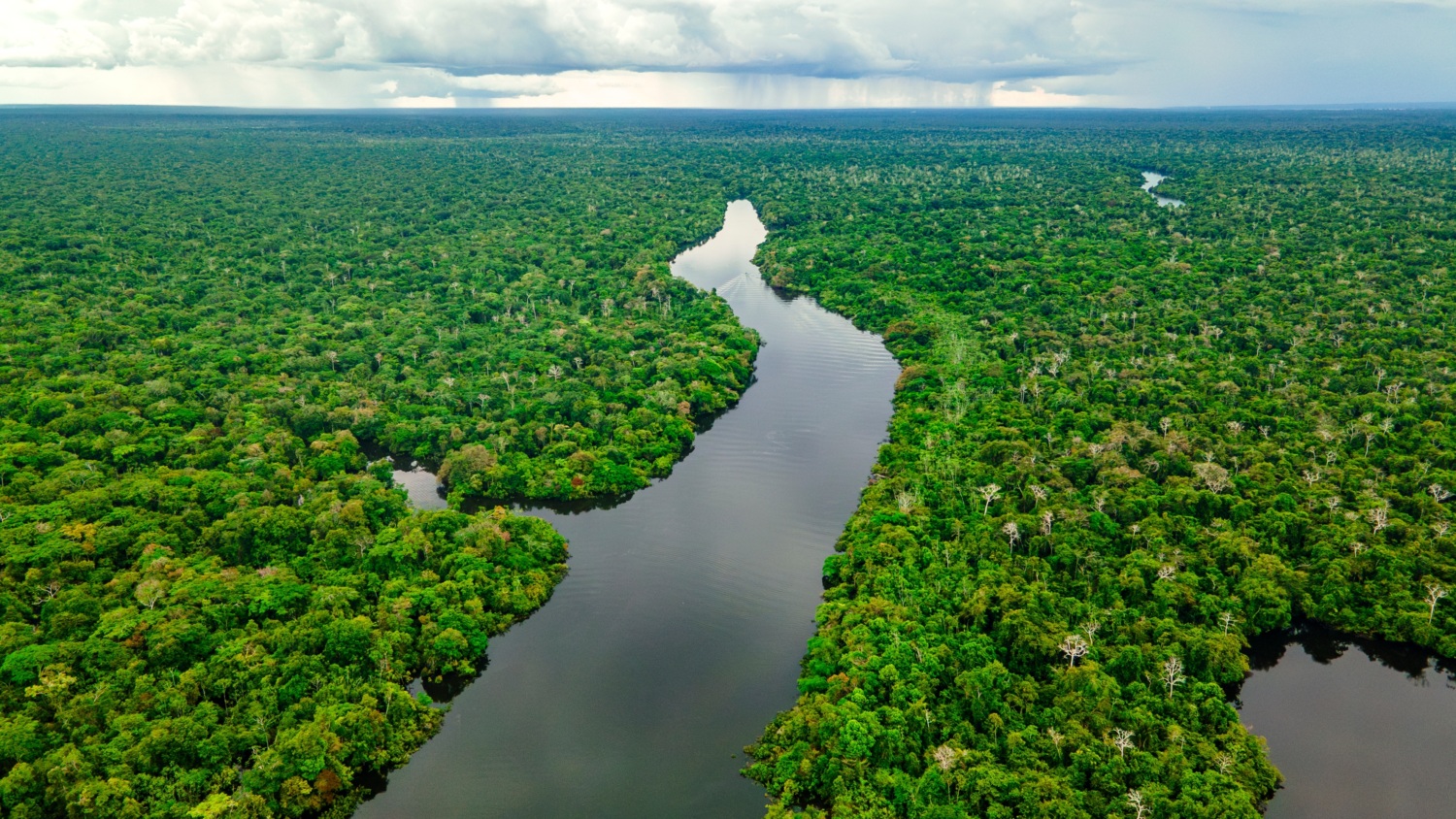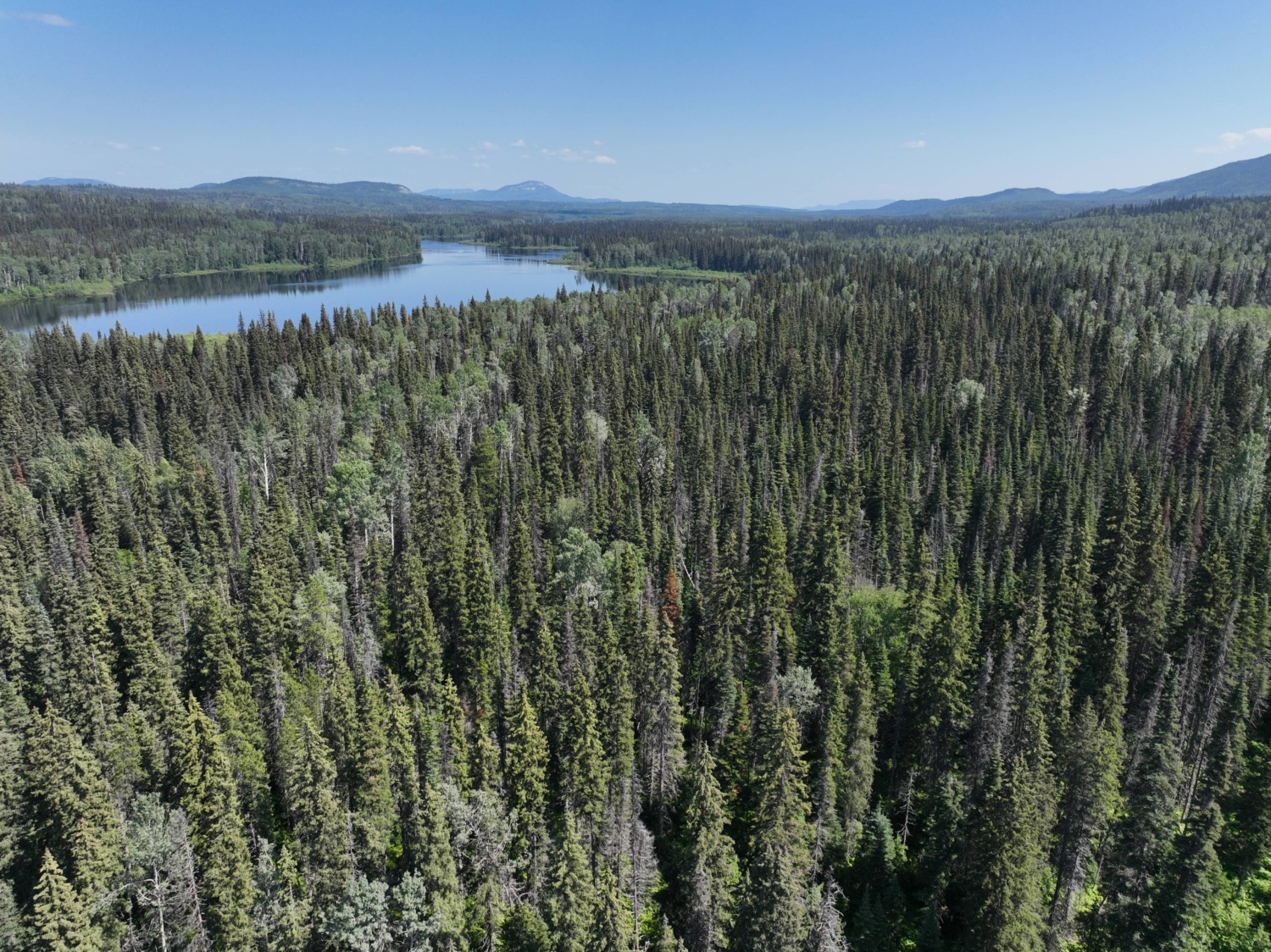
Global Investors Push Fast Food Giants to Cut Meat’s Environmental Impact
A coalition of more than 80 global investors representing more than $6.5 trillion has sent letters to six of the world’s largest fast food companies urging action to reduce environmental devastation caused by their meat. In dispatches sent to McDonald’s, Yum! Brands, Restaurant Brands International, Chipotle, Wendy’s, and Domino’s Pizza, the investors cite concerns about the financial and reputational risks to companies that fail to reduce the greenhouse gas, water, and land impacts of their meat, and highlight steps the companies need to take to reduce these risks.
“It is clear that the public is waking up to the environmental devastation caused by the meat industry,” said Lucia von Reusner, Campaign Director for Mighty Earth. “The private sector has an obligation to act responsibly, and investors understand that burning the planet to produce meat is not a good long-term business strategy.”
Meat production has a larger environmental impact than nearly any other human activity, and the top meat and dairy companies are responsible for widespread water pollution and greenhouse gas emissions nearly equal to the largest oil companies. Mighty Earth has released several reports documenting the environmental devastation caused by the largest meat companies, like Tyson and Cargill, and highlighted opportunities to reduce these impacts through more sustainable farming practices for sourcing feed and managing manure.
The investor letters call on the fast food companies – who represent more than 120,000 restaurants around the world – to set requirements for their suppliers to reduce greenhouse gas emissions, address freshwater impacts, and report regularly on progress toward these goals.
Mighty Earth is leading a campaign to build public pressure on major meat companies like Tyson and Cargill to adopt policies to stop deforestation and reduce water pollution caused by their meat supply chains. Food companies that buy large quantities of meat have significant influence over the supply chain, yet a recent analysis from Mighty Earth found most food companies – including supposedly ‘green’ sellers like Whole Foods – have no policies to ensure their meat suppliers are using environmentally responsible practices.
“Customers are increasingly looking for more sustainable food options and expect their favorite brands to be using responsible suppliers, not directing their dollars to top environmental polluters like Tyson and Cargill,” von Reusner said. “Food companies have set requirements to address issues like antibiotic overuse and animal welfare in the meat industry, and now it’s time to require environmental protections as well.”


